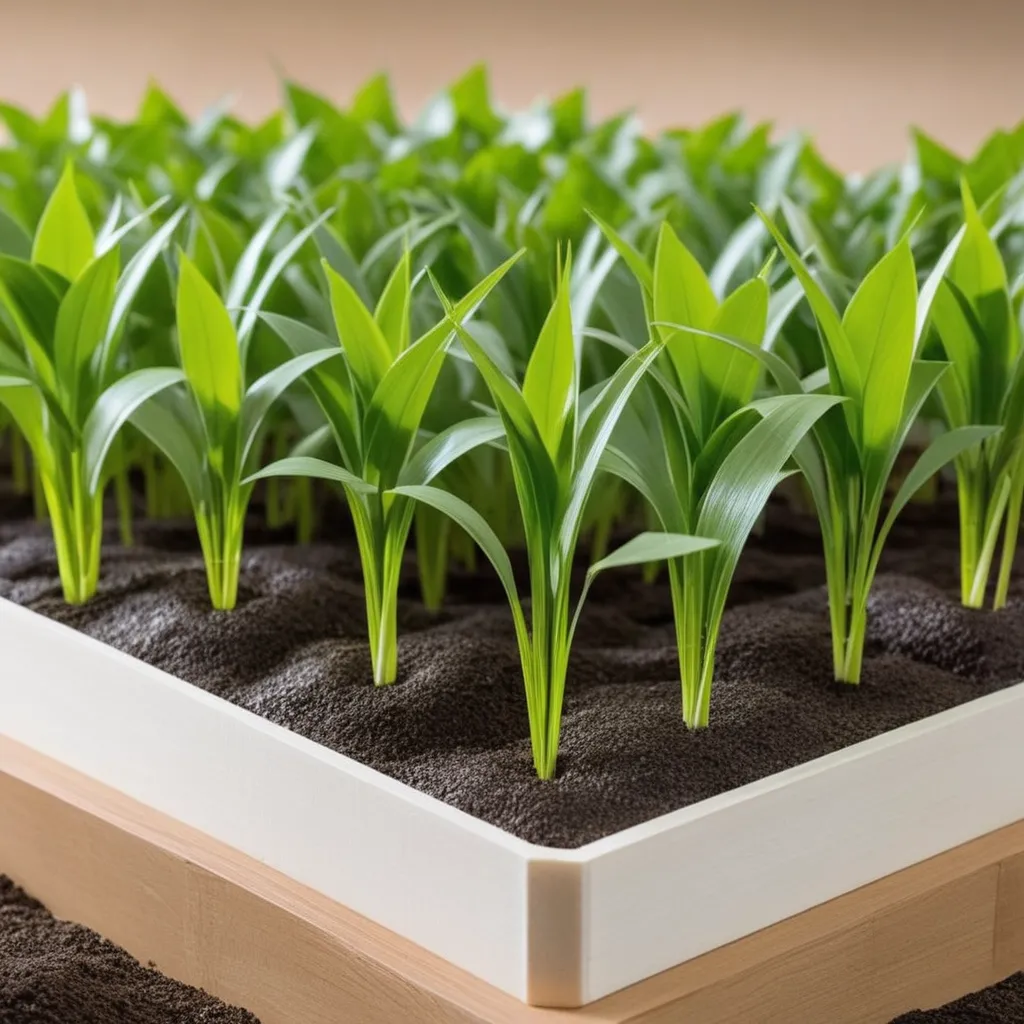The Future of Biodegradable Materials in Manufacturing
Have you ever stopped to think about what happens to the packaging of the products you buy? Or how long it takes for that plastic bottle you used once to break down in a landfill? It's a concern that many of us share, and it's driving a significant shift towards the use of biodegradable materials in manufacturing. In this article, we'll explore the promising future of biodegradable materials and how they are changing the landscape of sustainable manufacturing, with insights drawn from personal experiences.

A Growing Awareness
My journey into the world of biodegradable materials began when I visited a local beach and noticed the alarming amount of plastic waste washed ashore. It was a stark reminder of the environmental consequences of our overreliance on non-biodegradable materials. Determined to make a change, I started researching alternatives, and that's when I discovered the incredible potential of biodegradable materials.
One sunny afternoon, I decided to experiment with composting some biodegradable packaging materials in my backyard. Witnessing how they effortlessly returned to the earth was an inspiring moment.
Understanding Biodegradable Materials
Biodegradable materials are those that can break down naturally into harmless substances when exposed to the environment. Here's a closer look at the key aspects of these materials:
1. Natural Origins
Many biodegradable materials are derived from renewable resources, such as plant starch, cellulose, and algae. This makes them more sustainable than their petroleum-based counterparts.
2. Reduced Environmental Impact
Biodegradable materials decompose much faster than traditional plastics, reducing the burden on landfills and the risk of plastic pollution in oceans and rivers.
3. Versatility
Biodegradable materials can be used for a wide range of applications, from packaging and textiles to disposable cutlery and agricultural products.
4. Advancements in Technology
Ongoing research and development are leading to innovative biodegradable materials that are both durable and environmentally friendly.
Sustainable Manufacturing
Biodegradable materials are revolutionizing manufacturing practices in several ways:
1. Reduced Carbon Footprint
Manufacturers are increasingly adopting biodegradable materials to reduce their carbon footprint. These materials require less energy to produce and emit fewer greenhouse gases.
2. Consumer Demand
Growing environmental awareness among consumers is driving demand for products made from biodegradable materials. Manufacturers are responding to this demand by offering eco-friendly alternatives.
3. Regulatory Support
Governments and international bodies are implementing regulations and standards that encourage the use of biodegradable materials in manufacturing.
4. Innovation in Packaging
The packaging industry is at the forefront of adopting biodegradable materials. From compostable food containers to biodegradable shopping bags, these materials are changing the way products are packaged and consumed.
Challenges and Considerations
While the future of biodegradable materials in manufacturing is promising, there are challenges to overcome. These include ensuring proper waste management for biodegradable products, addressing cost disparities with traditional materials, and promoting education and awareness about their benefits.
A Greener Tomorrow
As we look ahead, the future of biodegradable materials in manufacturing shines brightly. The transition to more sustainable practices is not only environmentally responsible but also economically viable. It's a shift that holds the promise of a greener, cleaner, and more sustainable future for generations to come.
My journey into the world of biodegradable materials has given me hope that we can reduce our impact on the environment while still enjoying the convenience of modern products. It's a small step towards a more sustainable future, but it's a step in the right direction.

No comments:
Post a Comment